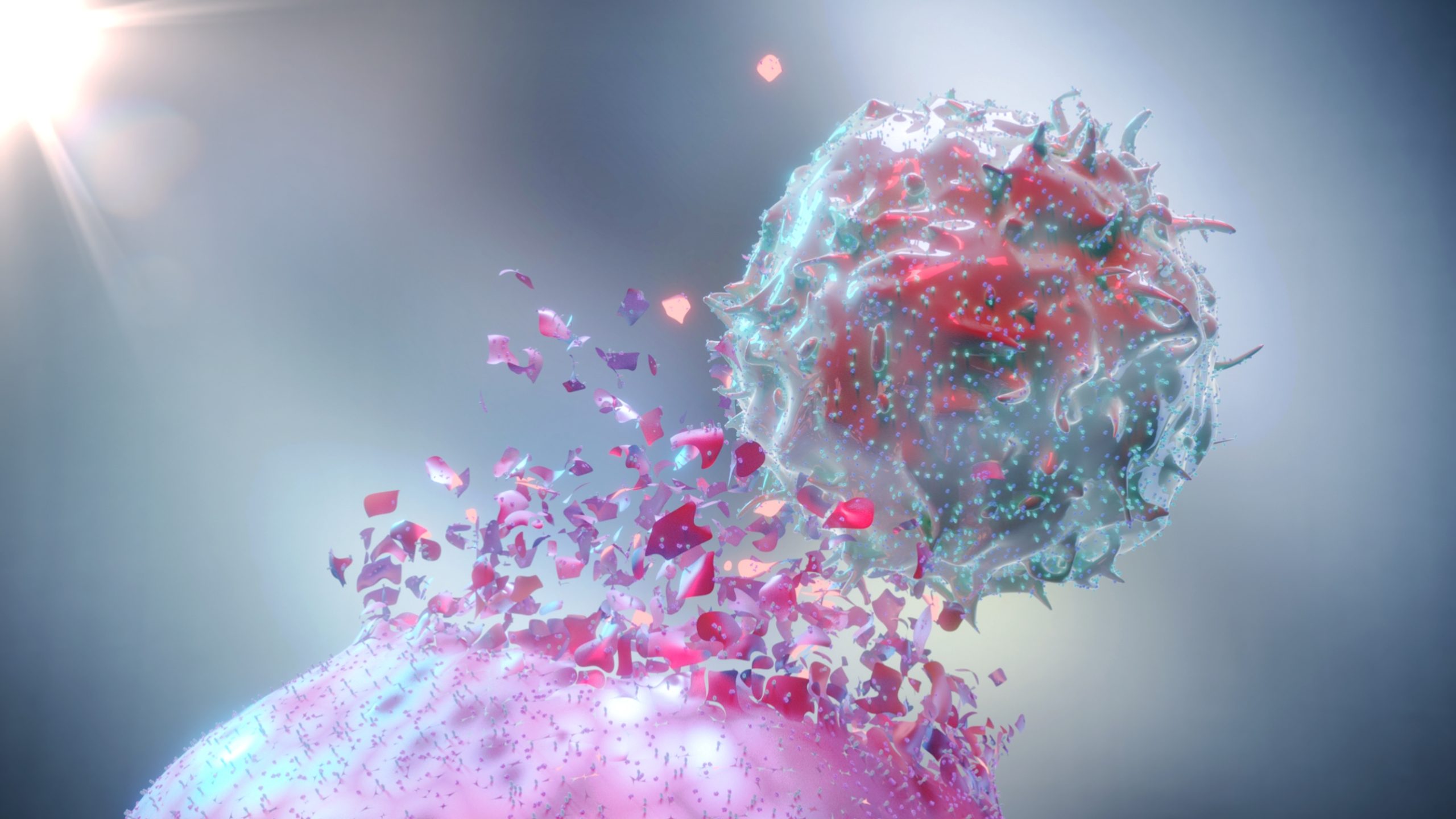Get Easy Health Digest™ in your inbox and don’t miss a thing when you subscribe today. Plus, get the free bonus report, Mother Nature’s Tips, Tricks and Remedies for Cholesterol, Blood Pressure & Blood Sugar as my way of saying welcome to the community!
Vitamin D levels bolster skin cancer treatment

In 2023, about 97,610 adults in the United States will be diagnosed with malignant melanoma of the skin, and almost ten percent will die of the disease.
If detected early, melanoma is one of the more curable forms of cancer.
In 2018, Dr. James Allison of the University of Texas MD Anderson Cancer Center and Dr. Tasuku Honjo of Kyoto University won the Nobel Prize for Physiology for their discovery of cancer therapy by inhibition of negative immune regulation.
Their work paved the way for the development of checkpoint inhibitors, a new class of cancer drugs that allows the immune system to see cancer cells as the invaders they are.
This type of immunotherapy treatment has proven to be very helpful in treating skin cancer, but it looks like a common vitamin may make the therapy even more effective…
Having enough vitamin D makes immunotherapy more effective
In a study published in Cancer, a peer-reviewed journal of the American Cancer Society, researchers reported that people with melanoma may respond better to immunotherapy treatment using immune checkpoint inhibitors if their vitamin D levels are within a healthy range.
According to the National Cancer Institute, immune checkpoints are a normal part of the immune system that helps keep the immune response from being too strong. But putting a “brake” on immune response can sometimes keep T cells from killing cancer cells. Inhibiting that action with specially designed drugs allows T cells to better kill cancer cells.
Results of the study showed that 56 percent of patients with a normal baseline vitamin D level, whether achieved through nutrition or supplements, had a positive response to the immune checkpoint inhibitors, as opposed to just 36 percent of those with low levels of vitamin D.
The researchers say that vitamin D’s effectiveness comes from its ability to strengthen the immune system, as well as some other effects that can help stop cancer cells from proliferating.
Vitamin D levels matter
I can’t say I was surprised by this news. Just earlier this year, I reported on a study that found vitamin D supplementation halved the risk of melanoma in a group of 498 adults researchers had determined to have an increased risk for skin cancers
“Of course, vitamin D is not itself an anti-cancer drug, but its normal serum level is needed for the proper functioning of the immune system, including the response that anti-cancer drugs like immune checkpoint inhibitors affect,” said lead author Łukasz Galus, MD, of Poznan University of Medical Sciences, in Poland.
“In our opinion, after appropriately randomized confirmation of our results, the assessment of vitamin D levels and its supplementation could be considered in the management of melanoma.”
Even if you’re lucky enough not to be battling cancer, vitamin D is essential to life. Among other things, it helps regulate blood sugar and slows brain aging.
Look for nutritional sources of vitamin D in foods like:
- Salmon
- Canned tuna
- Sardines
- Beef liver
- Fortified orange juice, milk, and cereals
- Egg yolk
Of course, the sun is the most natural source of vitamin D, but if you have skin cancer or want to avoid it, sun exposure may not be best. A good vitamin D3 supplement can help.
Editor’s note: Discover how to live a cancer prevention lifestyle — using foods, vitamins, minerals and herbs — as well as little-known therapies allowed in other countries but denied to you by American mainstream medicine. Click here to discover Surviving Cancer! A Comprehensive Guide to Understanding the Causes, Treatments and Big Business Behind Medicine’s Most Frightening Diagnosis!
Sources:
Higher vitamin D levels may bolster immunotherapy treatments for cancer — Medical News Today
Immune Checkpoint Inhibitor — National Cancer Institute
Vitamin D — Harvard T.H. Chan School of Public Health












